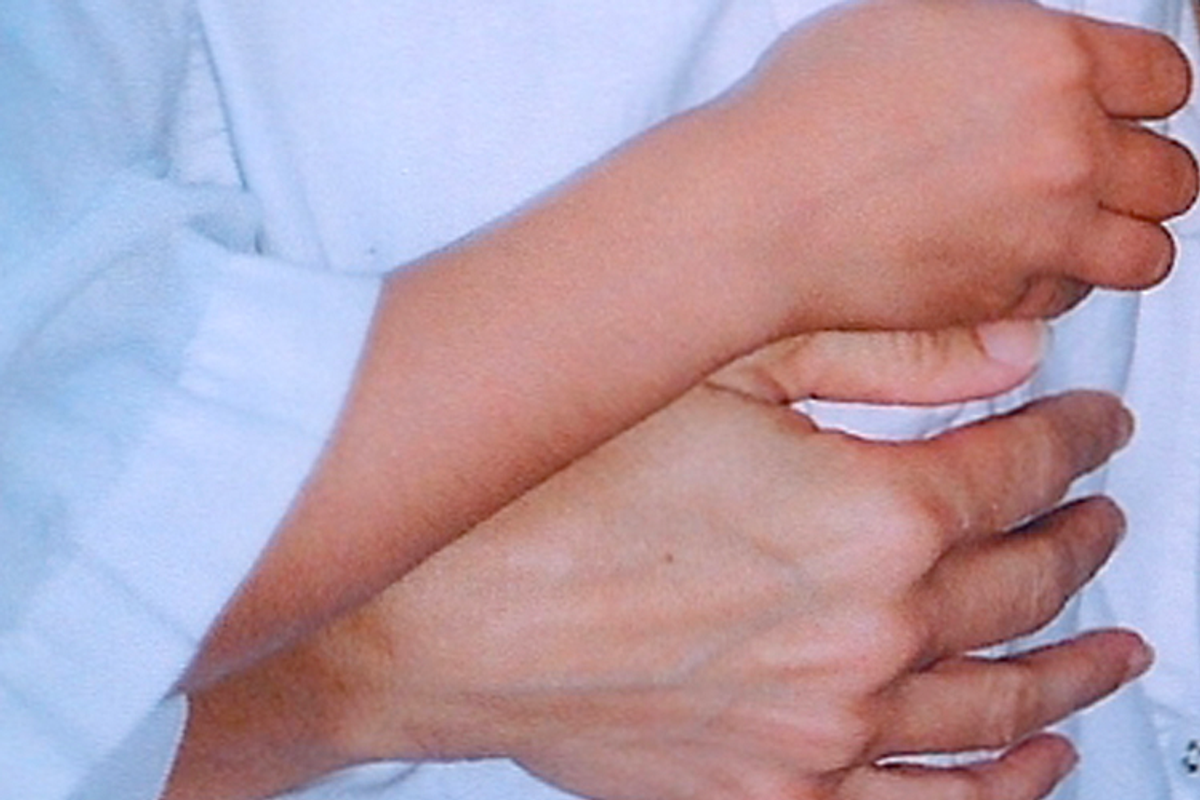I was adopted when I was 6 days old. It was an old-school, politically incorrect, pre-Brangelina-era adoption in which the records were closed. My original birth certificate was sealed, and with it my original identity. I knew nothing about my birth mother or why she relinquished me. Some adoptees grow up feeling firmly planted in their adoptive family and in the world. I was not one of them. Not a day went by that I didn't wonder about the woman who gave me up: what she looked like, how old she was, what she did with her life now that I wasn't in it.
The blueprint of my adoption has shaped my life. When my best kindergarten friend and I were put in two different first-grade classrooms, and she went on to make other friends, I was bereft. I felt left behind. No other little girl could take her place. The prospect of making new friends, and losing them, was overwhelming. Reading books, drawing pictures and daydreaming were much safer.
My adoptive parents and sister (their biological child) loved me, and I loved them, but I always felt apart: It was the three of them ... and then me. As I pitched forward into the throes of adolescence, and everything my parents did was heinous and pissed me off, I retreated into a parallel universe, where I imagined what life might be like if I lived with my birth mother. Was she a countess? A movie star? Surely we would look exactly alike and understand each other completely.
I moved through my days straddling two worlds: physically existing with my adoptive family and psychologically dwelling with my first mother. When I was in my early 20s I met her, and after an initial infatuation in which she could do no wrong, it hit me: This woman, who has the same slender calves, the same freckles, the same eyes that tilt slightly upward -- this woman chose to stop being my mother.
What kind of woman gives up her child?
I got angry at her, and she got angry right back at me. She was angry she'd had to hide her six-months-pregnant belly under a black gown at her college graduation. She was angry she had to be sequestered at a home for "unwed mothers" (originally called the Home for Friendless Women!) until she gave birth. A debutante, a high school valedictorian, a talented artist, she was angry at suddenly morphing into a pariah in the eyes of society. For 20 years, shame had stalked her; she wasn't about to tolerate my anger.
And I wasn't about to tolerate her not tolerating my anger. We stopped speaking for years.
Now the pattern repeats: My 13-year-old son, Luca, thinks the divorce is all my fault and, actually, all the problems in the world are my fault -- true statement. In June he caused such an explosion in my house that I sent him to live with his dad full-time, but only until I could figure out a way -- through therapy, through wishing it so, through letting time mature him -- to bring him back into the house safely. In the minds of Luca and his dad, however, the meaning of his exodus twists and turns: He has rejected me because I abandoned him because I am a terrible mother.
And so a custody evaluation has been ordered. When it is completed, I may lose custody. I may lose the legal right to be my son's mother.
These days I often find myself daydreaming about Luca, the same way I used to daydream about my birth mother. Can his dad get him to make his bed? Does he still like his stepmom-to-be's Brussels sprouts? Are either of them monitoring his Facebook page?
He exists in my life as a shadow now. At a street fair with my daughter last summer, I passed one of those giant, stomach-churning flippy rides, the kind that Luca loves, and I could almost see him somersaulting inside it, leaning into the wind. I turn on "Law & Order," the show that we're both addicted to, and I can almost feel him sitting on the couch beside me.
Yesterday, Luca and his dad and I had a meeting with the headmaster of the school he got kicked out of, to discuss the possibility of readmission. When I glanced up at Luca, he took my breath away. He looked so handsome, so teenage-spirited, in his navy-striped polo shirt, skinny jeans and white slip-on sneakers, the clothes that I had never seen before -- because I didn't buy them.
Luca acknowledged me with a thinly veiled eye roll and half-assed chin nod, as if to say: My life sucks because of you. He sat next to his dad, several seats away from me. They bantered casually, like a typical parent and child, while I debated whether to even attempt to converse with my son. But what would I say? Hey, Luca, I like your haircut? Have you learned any new magic tricks lately? Do you feel even a sliver of attachment to me? Because I'm sitting here feeling as if I barely know you and it's freaking me out.
When the meeting was over, Luca and his dad breezed past me, up the hill to the parking lot. I hesitated, then called out, "Bye, Luca!" He didn't bother looking back, but curled the fingers of one hand toward me, a begrudging goodbye gesture.
I watched him walk over the hill and disappear out of view. I wondered how it all happened, how this mother-child rupture had come full-circle.
I wondered: How did I turn into a mother who might lose her child?



Shares